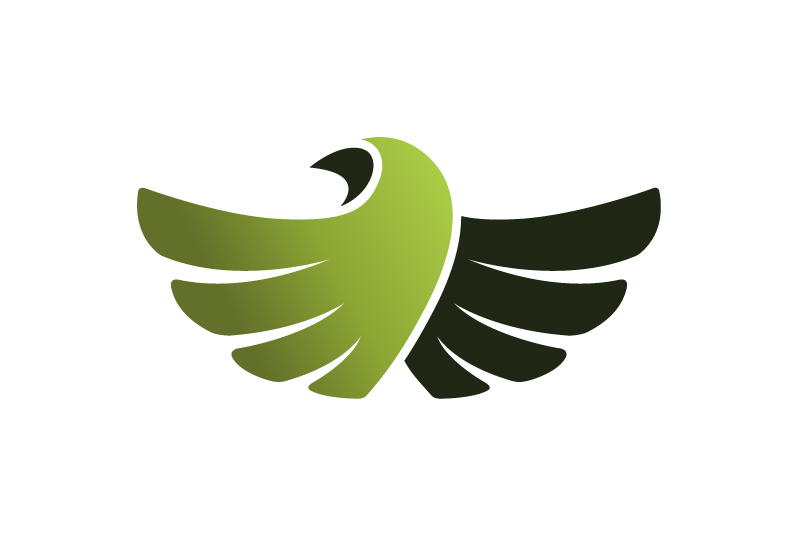Finding the Balance Between Activity and Rest
Overdoing it at the weekend and feeling overtired at the start of the week has left me pondering the balance between activity and rest. In the modern world, we focus so much on the doing and can view non doing as laziness, but that is counterproductive, as we will find out…
As I discovered, doing too much leaves us feeling tired, but doing too little can leave us feeling low in energy in a different way, sluggish, flat, ineffective. The sweet spot between doing too much and too little will vary from person to person and from day to day, so really tune in to how your body and mind feel moment to moment. Most of us are more prone to doing too much than too little, so plan rest into each day as well as activity, and enough of it for your level of activity.
As John Munro explains so beautifully in Between Heaven and Earth “True health and wellbeing comes not just from rest, and not just from activity, but from alternating between these in healthy ways. We see this natural pattern throughout the universe. The alternating between day and night. The movement of the seasons from summer to winter and back to summer again. The coming and going out of the tide. Everything in nature alternates between activity and rest, full and empty, yin and yang.”
Meditating the other day, I had a sense of how I feel on holiday, and it made me realise how we can forget how it feels to be properly rested and relaxed, at our best. It would be good to feel like that all day every day, but realistically even a taste of that sense of deep wellbeing every day would be good. What could you do to make that happen? Go to bed earlier? Meditate? Have a hot bath? Make time to read or be creative?
Rest can be a fairly passive activity like sitting down in front of the TV or reading a book, or it can be a more active one, but still relaxing, like the creative process of cooking, gardening, art, crafts, writing or music. For an athlete, a rest week would be a lower intensity and/or volume of training, not complete rest. You could say that play is a form of rest, from work at least.
True rest, though, is about allowing the brain to be still as well as the body, which requires meditation or sleep. Most of us struggle to switch off our thoughts completely, but the act of turning the focus inward during meditation and away from external stimuli can give the mind some rest. To help settle my mind, I visualise a calm lake and imagine my mind as flat and still as the surface of the water. To help relax my body, I imagine floating on the surface of the water, fully supported. It is amazing how my breath responds to that by slowing and softening to almost nothing. Play with it and find what form of meditation works best for you; there are so many to choose from and plenty of guided practices online to start with. As the old Zen saying goes: "You should sit in meditation for 20 minutes a day, unless you're too busy, then you should sit for an hour."
Prioritising sleep rather than viewing it as a nice to have (or worse a weakness) will pay dividends in productivity as well as in mental and physical health in both the short-term and long-term. In Essentialism: the disciplined pursuit of less, Greg McKeown summarises that “In a nutshell, sleep is what allows us to operate at our highest level of contribution so that we can achieve more, in less time.” And, I would add, it allows us to enjoy the process more too. I talk more about optimising sleep quality and quantity in my post The Does and Don’ts for a Good Night’s Sleep.
I will leave you with a quote from the Tao Te Ching by Lao Tzu:
We join spokes in a wheel,
but it is the centre hole
that makes the wagon move.
We shape clay into a pot,
but it is the emptiness inside
that holds whatever we want.
We hammer wood for a house,
but it is the inner space
that makes it livable.
We work with being,
but non-being is what we use.
